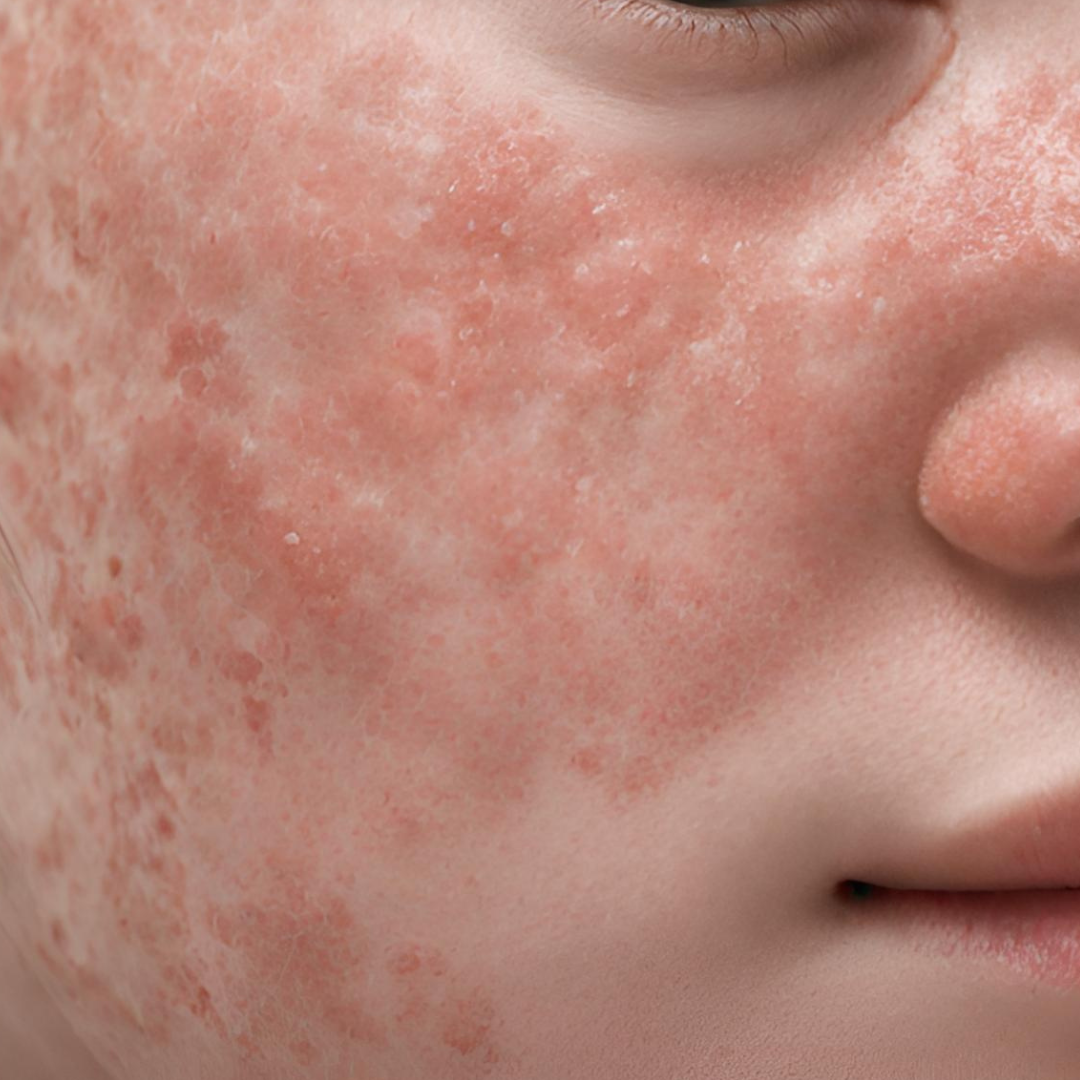
Understanding Environmental Triggers of Eczema: An Educational Exploration
1. Allergens
Allergens are prevalent eczema triggers. These include pollen, dust mites, pet dander, and mold. When these particles come into contact with the skin, they can cause the immune system to overreact, leading to inflamed, itchy skin typical of eczema flare-ups. Minimizing exposure to allergens can be challenging but not impossible—regular cleaning, using allergen-proof covers for bedding, and keeping pets out of sleeping areas can help.
2. Irritants
Everyday irritants in our environment can also aggravate eczema. These include soaps, detergents, shampoos, disinfectants, and even some fabrics like wool and synthetic fibers. For eczema sufferers, it’s essential to choose products labeled as “fragrance-free” or “for sensitive skin” and opt for gentle, hypoallergenic materials in clothing and bedding.
3. Weather Conditions
Weather plays a significant role in eczema. Cold, dry air can sap moisture from the skin, leading to dryness and flare-ups. Conversely, hot and humid weather can increase sweating and irritate the skin further. Managing eczema involves adapting skincare routines to weather conditions—moisturizing intensely in cold months and staying cool and dry when it’s hot.
4. Stress
While not a physical environmental factor, stress profoundly affects eczema. Stress can exacerbate or even trigger a flare-up. Techniques like mindfulness, yoga, and regular exercise can reduce stress and may help manage eczema symptoms more effectively.
5. Air Quality
Pollutants and harsh chemicals in the air can also trigger eczema. Urban areas often have higher levels of air pollution, which can affect skin health. Using air purifiers in the home and reducing exposure to tobacco smoke and chemical fumes can mitigate these effects.
6. Water Quality
Hard water, with a high content of minerals like calcium and magnesium, can also be harsh on sensitive skin and exacerbate eczema. Investing in a water softener or using water filters can help reduce the harshness of water on the skin.
Tips for Managing Environmental Eczema Triggers
• Stay Informed: Keep an eye on local pollen and air quality reports and plan your activities accordingly.
• Create a Safe Space: Make your home a haven by controlling the internal environment—keep it clean, well-ventilated, and free from irritants.
• Skin Care Routine: Develop a skincare routine that includes daily moisturizing and the use of eczema-friendly products.
Conclusion
Understanding and managing environmental triggers can significantly improve life quality for those with eczema. By making informed choices about how we interact with our surroundings, we can better manage and prevent eczema flare-ups, leading to more comfortable and healthier skin.
Remember, each person’s triggers can vary, so it’s essential to observe and learn what specifically affects your eczema. Consulting with a healthcare provider can also provide tailored advice and treatment options. Let’s make our environments as skin-friendly as possible!


